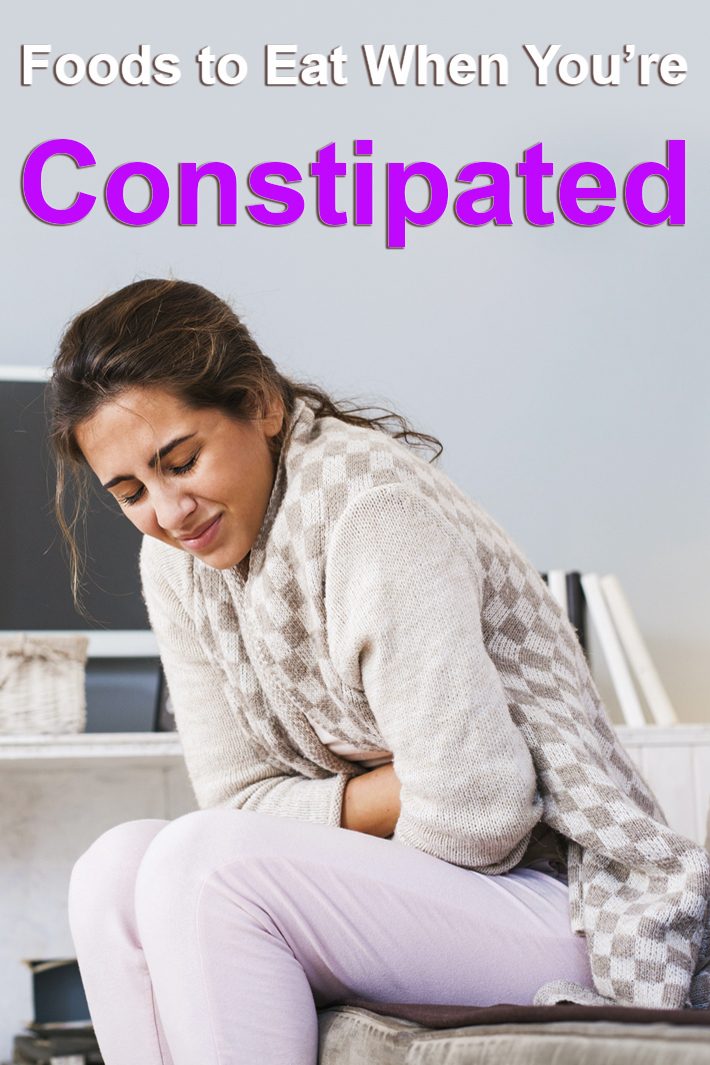
Foods to Eat When You’re Constipated
Remember that one time you couldn’t poop for a few days and it hurt (and stunk) like hell? Most people have felt that same pain. Constipation is one of the most common gastrointestinal problems, affecting 42 million people in the United States, according to the National Institute of Diabetes and Digestive and Kidney Diseases. And it’s super-common among women, especially during pregnancy or post-baby.
It’s safe to say if you want to have a happy and healthy life, you’ve got to be able to get yourself out of constipation nation—and that’s not going to happen if your GI tract hates what you’re eating. The main thing to keep in mind? Load up on good ‘ol fiber—the MVP of healthy bowel movements.
You need fiber in your diet to help push foods through the intestinal tract. Just remember to drink plenty of water throughout the day to soften your stool so that it can pass through easily.
Best Foods To Avoid Constipation
Here are the best fiber-rich, poop-prompting foods to eat when you’ve been seriously struggling on the toilet.
Broccoli
Most of us hear broccoli come up in just about every discussion of good-for-you foods. That’s because the green stuff is an amazing source of essential vitamins, protein, and yup, fiber! Eating plenty of vegetables is essential to good digestive health. Add a cup of cooked broccoli to any lunch or dinner for an additional five and a half grams of fiber.
Oatmeal
Yet another reason to sneak in those whole grains: Oats are full of soluble fiber, which helps dissolve water, softening stool and making it easier for it to pass through the intestines. They also contain insoluble fiber, which increases stool bulk and helps get everything moving. Basically, they become a dream team and work their poop-inducing magic. Include three servings of whole grains in your diet every day, especially “intact grains” like oats and brown rice.
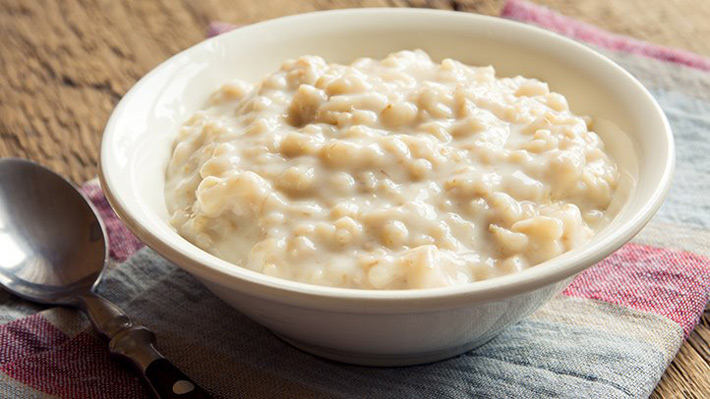
Spinach
Want to add some green to your pasta? Throw in a cup of spinach. It’s full of fiber (one cup of cooked spinach has four grams) and contains magnesium, a mineral that can aid in moving stool. Magnesium is often found in laxatives, but incorporating it into your diet is a less extreme option for most people.
Nuts
Add a handful of nuts like pistachios, peanuts, almonds, or walnuts in your diet every day. Toss them into your yogurt, salad, or just munch on them as a midday snack for a fiber boost. While they’re a great source of protein and healthy fats, just a half cup of whole almonds also gives you almost nine grams of fiber.
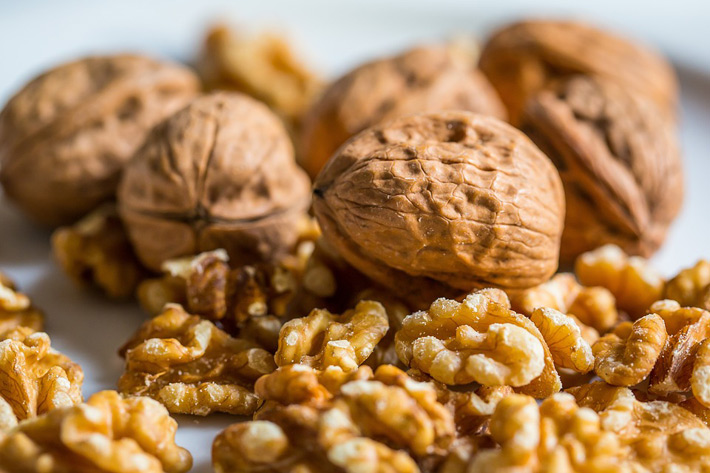
Flax seeds or Chia seeds
Chia seeds and flaxseeds are an easy way to add more fiber into your diet. Two tablespoons of chia seeds pack an extra five grams of fiber, while the same amount of ground flaxseeds adds about four grams. Sprinkling a spoonful of each into your smoothie, oatmeal, or yogurt, or using it as a salad topping, can give a low-fiber meal the extra poop-producing power it needs.
Berries
Berries are always in the superfood spotlight due to their abundance of antioxidants, but they’re also rich in other essential nutrients. Half a cup of both blackberries and raspberries pack in about four grams of fiber each. Half a cup of sliced strawberries offers about half the amount. These fruits are super versatile, so throw them into your whole grain cereal and pancakes or even add some low-fat whipped cream on top of a bowl of your favorite berries for a low-calorie dessert option.
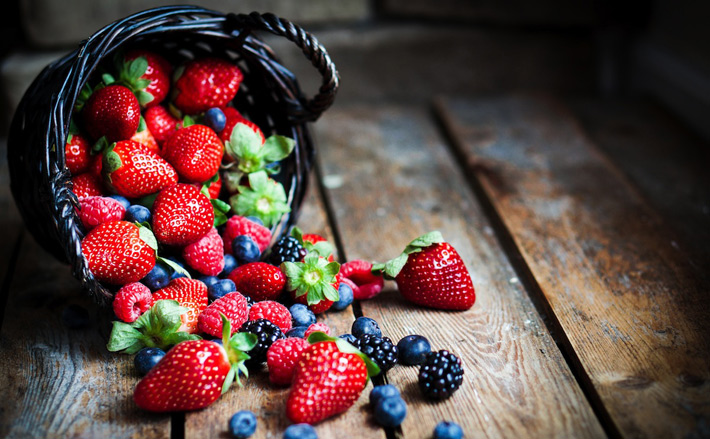
Pears
Pears don’t get enough credit, especially because they’re bursting with antioxidants and vitamins. They’re also one of the most fibrous fruits, so adding them into your diet is another way to ease any discomfort you may be experiencing in the bathroom. One medium pear with the skin will grant you five and a half grams of fiber (eat two and you’re close to half your daily fiber intake!).
Apples
In this case, “an apple a day” is still golden advice. A small apple with the skin on it contains 3.6 grams of fiber. The peels of many fruits contain insoluble fiber, which acts as a natural laxative.
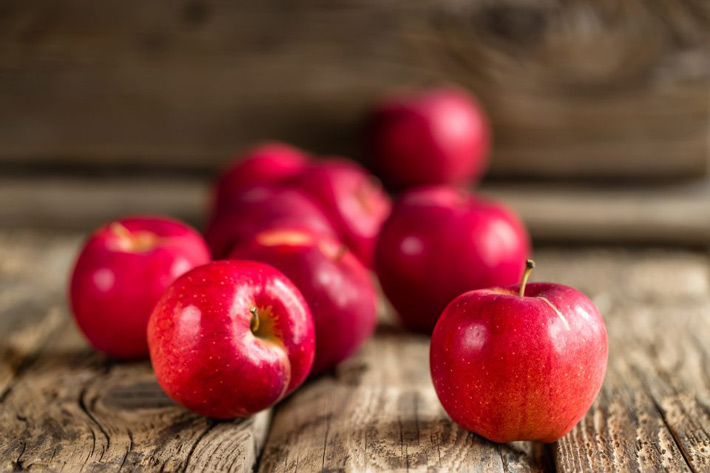
Dried fruits
If you’re looking for a healthy grab-and-go snack, opt for a dried fruit like prunes. Sure, they sound like something your grandma would have hiding in her kitchen, but there’s a reason people turn to prunes when they’re having issues downstairs. They’re rich in fiber (one half cup has about six grams) and contain sorbitol and fructan, which are natural sugars that have a laxative effect. Not into prunes? Try figs or apricots instead.
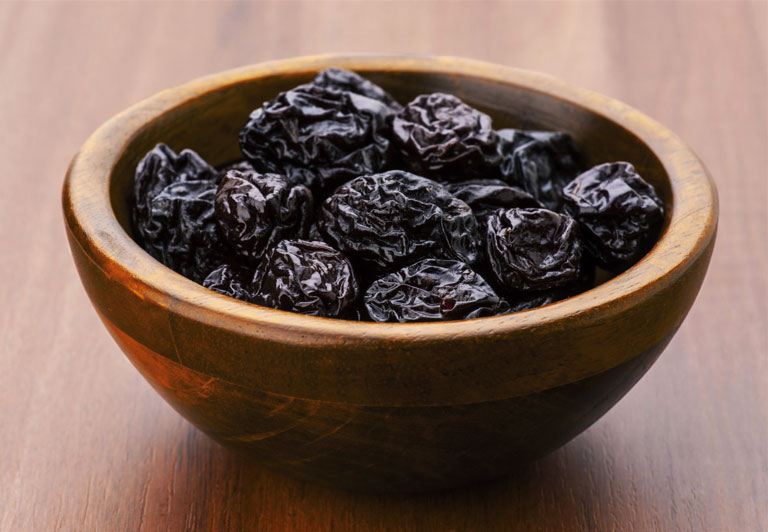
Prunes
Prunes are the first food you thought of, right? They’re rich in fiber. The nutrient is what increases the bulk of your stool so it can move along on its merry way.
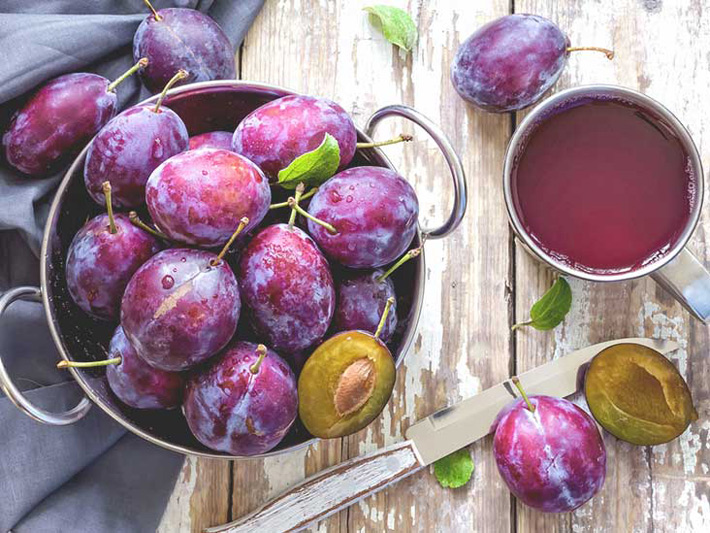
Beans
You know what they say: beans, beans the magical fruit…so yeah, it makes sense that they can also help with bowel movements. Beans provide a winning combination of soluble and insoluble fiber, the former softens your poo, and the latter bulks it up, making it easier to pass through your digestive tract. This fiber is very helpful for stimulating digestion, as well as for feeding gut bacteria. Additionally, eating a diet high in fiber will help bulk up the weight and size of your stool—and this makes it easier to pass!
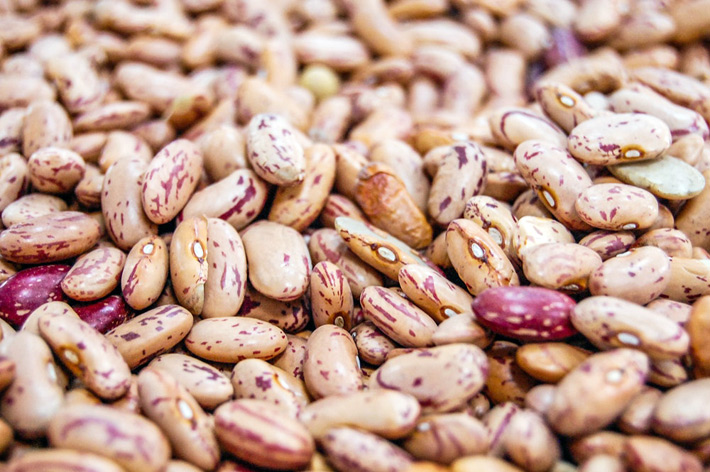
Coffee
While there’s no fiber in coffee, some research shows that it can stimulate bowel movement. You may not think of coffee as something that helps get things moving, but it does for about 30 percent of people. Some people even notice the effect from decaf coffee.
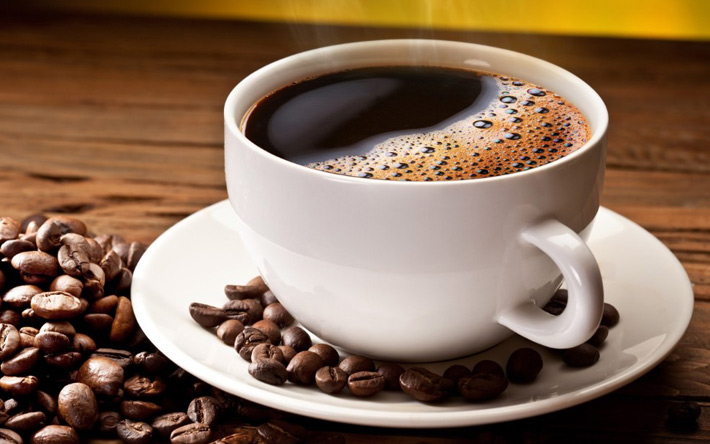
Water
Drinking enough water is the most important factor in relieving constipation. Water is critical to help stool move easily through the colon.

The bottom line on constipation
If you want to poop like a champ, you need to consume enough fruits, vegetables, and water. But if you change your diet and you’re still stuck, it might be time to see a doc. If constipation is an ongoing issue and they’ve done all the right things and still have problems, like they’re not responding to high fiber foods and they’re seeing issues like bleeding or abdominal pain, these are things that should be evaluated by a doctor or a gastroenterologist.
Please follow us on Facebook Page and enjoy our collection of recipes, crafts, fitness, health tips, gardening, DIY and more…
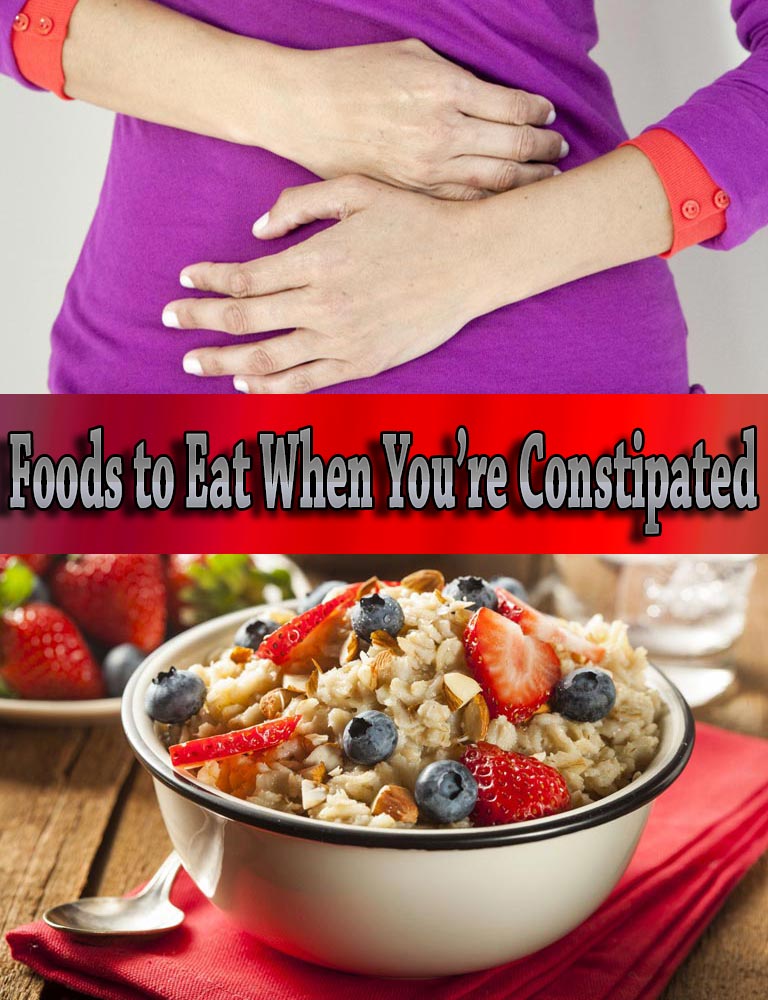

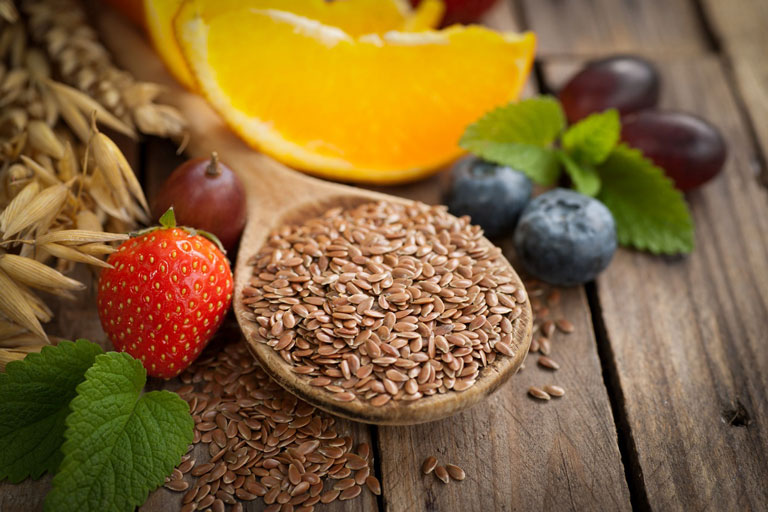
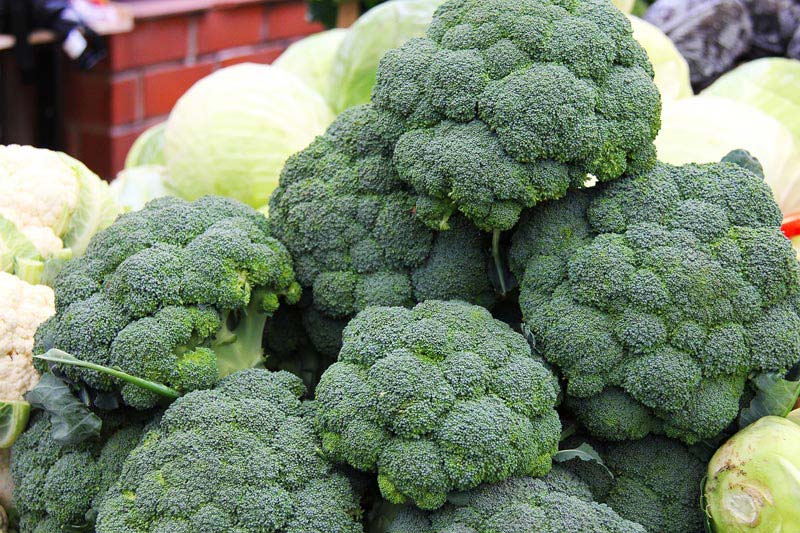

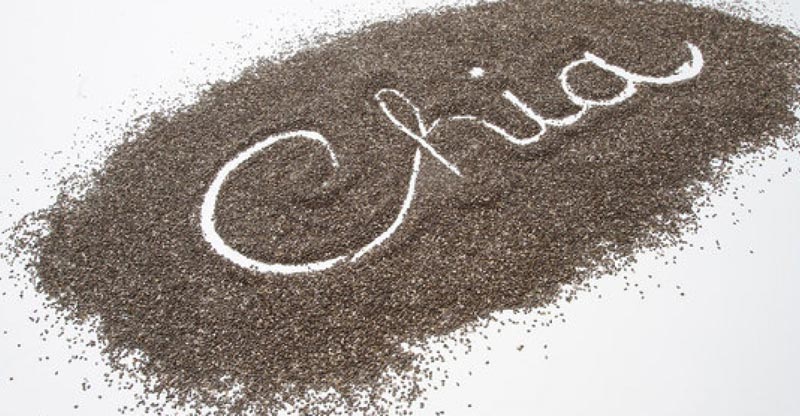

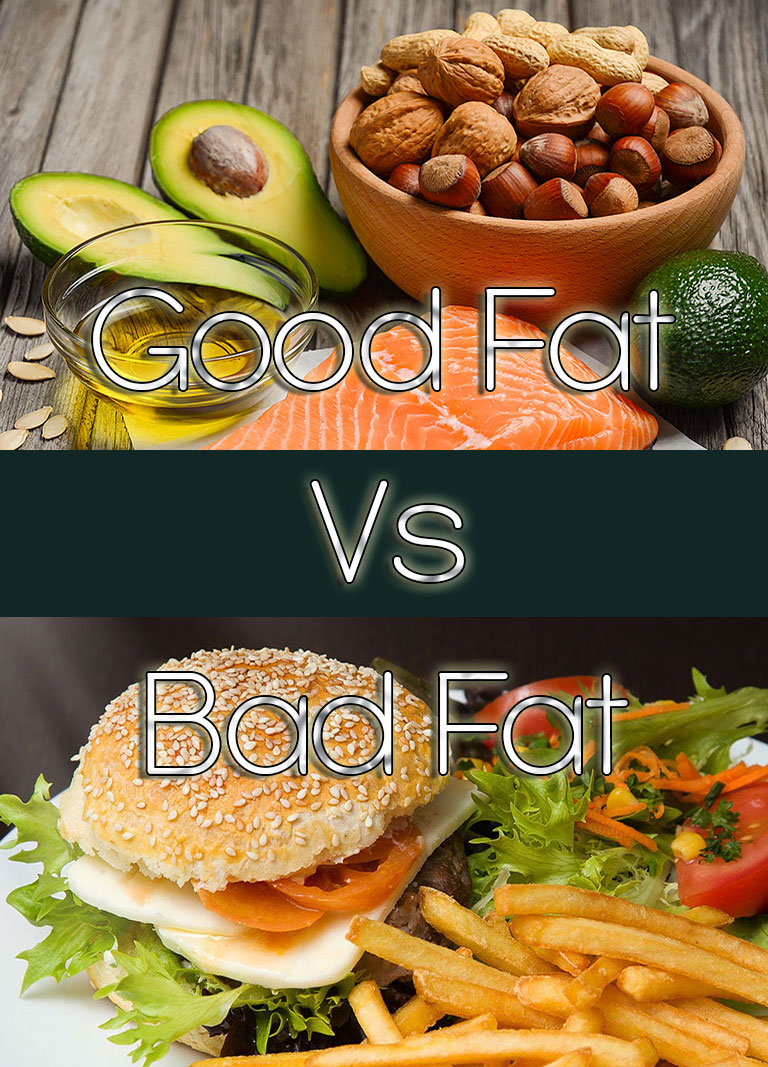
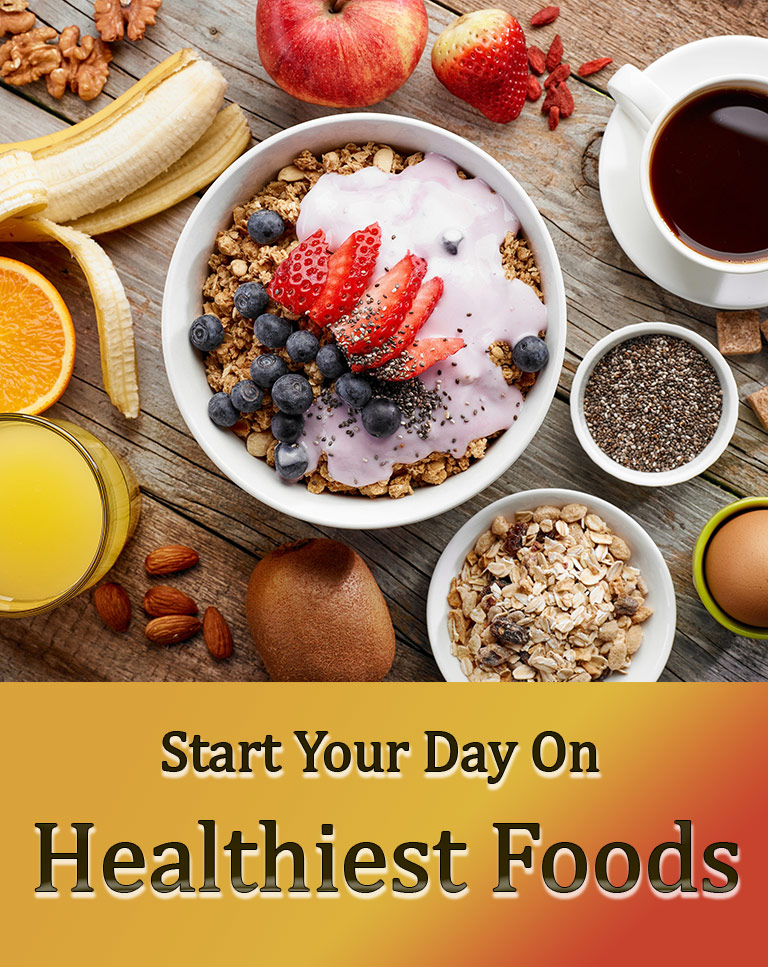

Leave a Reply